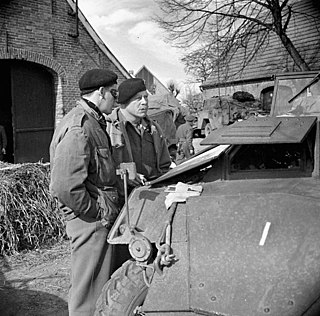A Quote by Bob Ainsworth
The last thing we want to do is to go into an area and inflict unnecessary civilian casualties. One is too many.
Quote Topics
Related Quotes
"Peace" is a condition in which no civilian pays any attention to military casualties which do not achieve page-one, lead-story prominence-unless that civilian is a close relative of one of the casualties. But, if there ever was a time in history when "peace" meant that there was no fighting going on, I have been unable to find out about it.
Being in love is a good thing, but it is not the best thing. There are many things below it, but there are also things above it. You cannot make it the basis of a whole life. It is a noble feeling, but it is still a feeling. Now no feeling can be relied on to last in its full intensity, or even to last at all. Knowledge can last, principles can last, habits can last; but feelings come and go.
That the Islamic State is guilty of horrific atrocities is common knowledge. But most Americans seem unaware of the human toll of our own actions, the consequences this has for our national security and our reputation, and that, too often, the civilian casualties we cause are the result of avoidable mistakes. This must change.
I found myself thinking about President William McKinley, the third American president to be assassinated. He lived for several days after he was shot, and towards the end, his wife started crying and screaming, "I want to go too! I want to go too!" And with his last measure of strength, McKinley turned to her and spoke his last words: "We are all going.

































